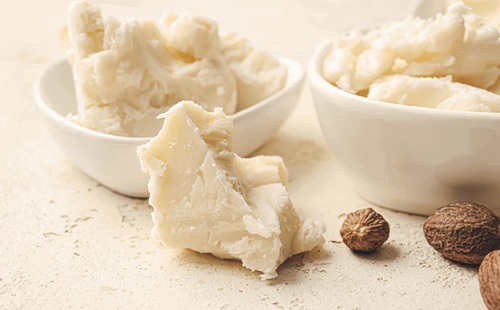Effective May 2, 2025, all individuals and businesses involved in the export of unprocessed rubber, cashew, or shea from Ghana will be required to obtain written authorisation from the Tree Crops Development Authority (TCDA)—a key move to tighten regulatory oversight and enhance value addition in the sector.
This directive, announced in a public notice signed by TCDA Chief Executive Officer, Andy Osei Okrah, is grounded in the Authority’s legal mandate under the Tree Crops Development Authority Act, 2019 (Act 1010) and the Tree Crops Regulations, 2023 (L.I. 2471), which govern the development, processing, and trading of priority crops such as rubber, cashew, shea, mango, coconut, and oil palm.
The TCDA emphasized that Regulation 50 of L.I. 2471 will be activated from the stated date, requiring exporters of the three specified commodities to secure a valid export permit prior to any shipment.
“All actors and stakeholders in the export of raw rubber, cashew, and shea are hereby notified to comply fully with the provisions of the Tree Crops Regulations,” the notice read.
As part of the enforcement measures, licensed exporters are also being urged to regularize their export transactions with the Authority to ensure alignment with statutory guidelines.
In addition, exporters will now be mandated to present proof of payment of TCDA development levies before being issued a Phytosanitary Certificate—a prerequisite for international trade—by the Plant Protection and Regulatory Services Directorate (PPRSD). Without this confirmation, the certificate will not be granted.
The Authority further cautioned that non-compliance with the directive constitutes a legal violation and will attract sanctions as stipulated under the TCDA Act.
This initiative forms part of the TCDA’s broader agenda to strengthen regulatory compliance, promote value addition, and bolster Ghana’s economic growth through a more structured and sustainable export system for tree crops




















